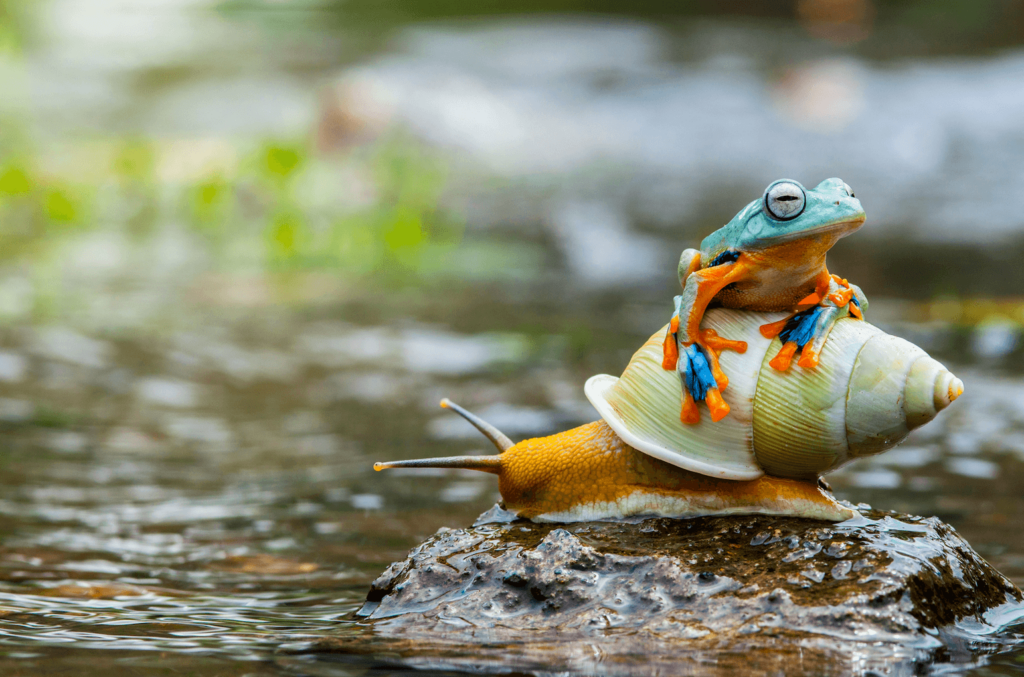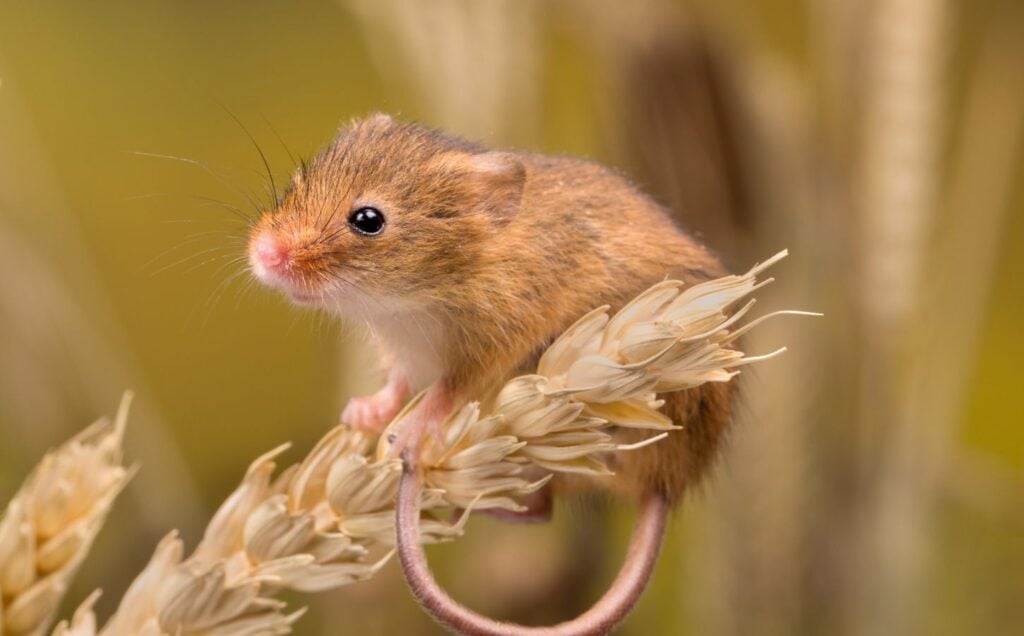Vegans don’t realize how many animals are killed to protect fruit and vegetables, according to an Australian pig farmer and author. It’s a common argument used against the vegan lifestyle, but advocates for plant-based diets say there’s more to the story.
Matthew Evans is a former chef who now raises pigs and cows for meat and milk. Evans explored the issue of crop deaths in his 2019 book On Eating Meat. The book calls on omnivores and vegans alike to look at the impact of their food choices.
Evans says that around 40,000 ducks are killed annually for Australian rice production, while a billion mice are poisoned to protect wheat in Western Australia.
“I think a lot of vegans probably understand some animals die, but they may not understand the scale,” he told ABC News in 2019. “So a duck dying to protect a rice paddy for me is not much different for a cow dying to produce a steak.
“They are both animal deaths that happen in the name of us being able to eat. So there is nothing that we can do that doesn’t have an impact on animals.”
‘Crop deaths’ – how many animals die to grow plants?
The way much of the world’s crops are maintained and harvested does indeed kill wildlife. Mice, rats, birds, rabbits, frogs, lizards, moles, possums, snakes, insects, and more frequently lose their lives for the human food system, despite usually not being the targets.
They can be killed unintentionally by tractors and other machinery, as well as pesticides. Some are poisoned on purpose to protect crops. Fertilizer and pesticide runoff into local waterbodies can also kill fish and other marine life.
Since data on the topic is so limited, exactly how many animals fall victim to plant agriculture is not known. Research published in 2018 gathered estimates from various older studies and compared them to modern farming methods. The study, cautiously, estimated that more than 7.3 billion animals die each year from harvested cropland in the US alone (not including insects). Although, researchers noted that this number is likely “too high,” and that they “should have a fairly low level of confidence” in any figure produced, due to a lack of reliable data.

In their paper, researchers highlighted a number of approaches being taken to reduce animal deaths in agriculture. This includes diversionary fields and refuge sites for birds, as well as indoor agriculture, which is popular in the Netherlands.
Contraception for animals traditionally considered pests has also been used to control their populations in city settings. This, researchers said, could be widened to farming areas to reduce field animal deaths.
Does a vegan diet kill more animals than a meat diet?
The figures may come as a surprise to some who have removed animal products from their diets for ethical reasons. But research indicates a vegan diet still protects more life than a meat-eating one.
This is because a significant proportion of plant crops are grown to feed “livestock,” not humans. Only around half (55 percent) of the world’s crop calories feed humans directly, while 36 percent are given to livestock. Wheat, corn, and soy are among the most common crops grown for non-human animals.
It’s a wasteful form of food and land management in a multitude of ways. It’s thought that for every 100 calories of grain given to non-human animals, we get back just 12 calories of chicken, 10 calories of pork, or three calories of beef.
We are currently growing enough food to feed more than 92 billion non-human land animals every year. Meanwhile, according to the UN, approximately 828 million humans were affected by hunger in 2021 – 9.8 percent of the world’s population at the time. Further, around 2.3 billion humans – 29.3 percent of the population – were moderately or severely food insecure that year.
Research published in July 2023, considered the most comprehensive study of its kind, concluded that vegan diets required 75 percent less land than meat ones, suggesting a majority of crop deaths are linked to omnivorous diets.
Reducing suffering as much as possible
Speaking to Plant Based News about crop deaths in 2019, Samantha Calvert, Head of Communications at The Vegan Society, said: “Most vegans are fully aware that it is not possible to live without causing harm to other animals. However, many animals that are used for meat and milk need to have additional food grown for them.”
“If you want to reduce your overall impact on animal suffering and death – as well as reducing your food-related carbon footprint – then veganism is the best ‘off the shelf’ diet to choose. If you eat animal products then even more animals will be killed to feed you,” Calvert continued.
“Veganism does not eliminate the suffering and death of other animals. But it is the best option to dramatically reduce it.”
—






